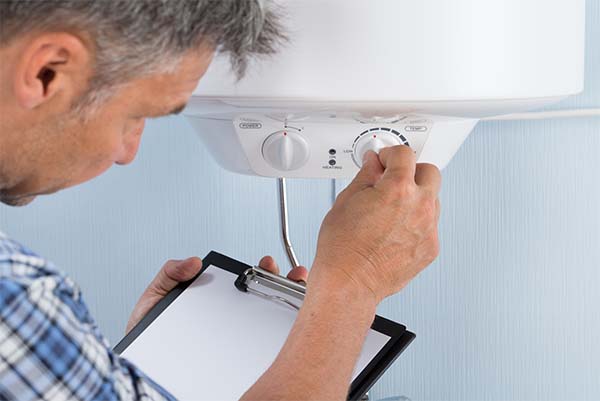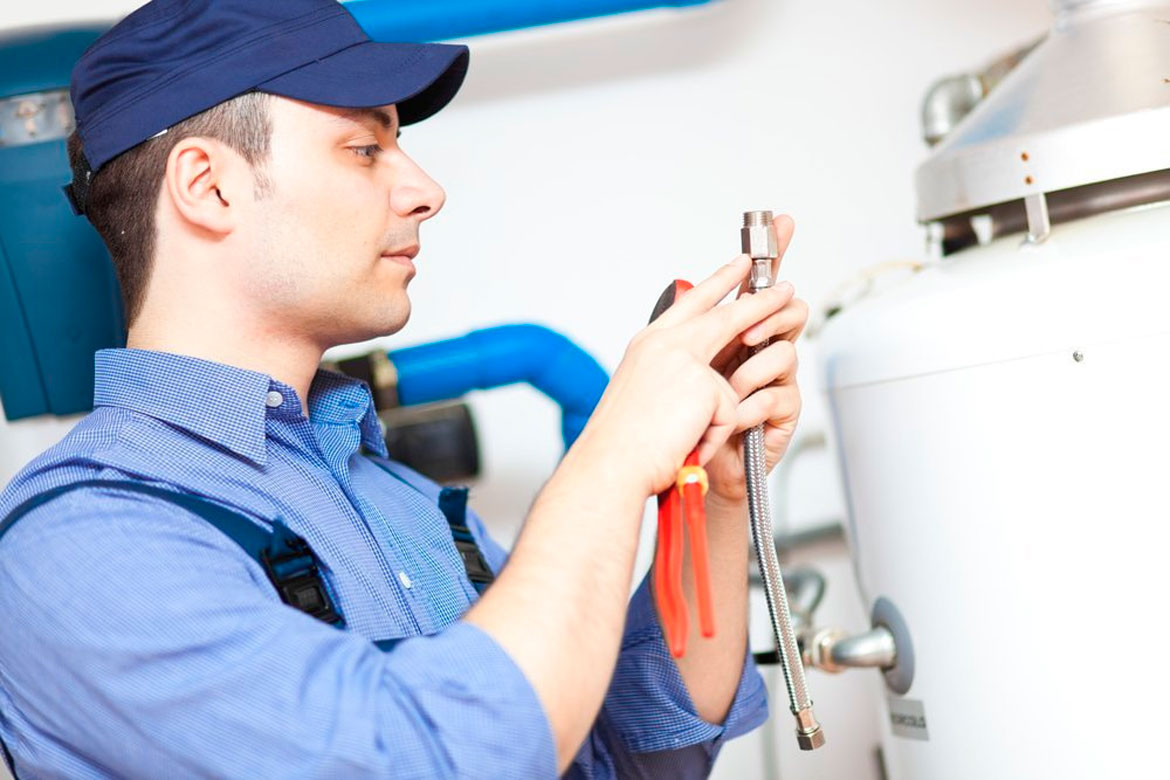Key Steps for Residential Property Owners Dealing with Broken Heating Units
Key Steps for Residential Property Owners Dealing with Broken Heating Units
Blog Article
Everybody is bound to have their own unique opinion about Broken Water Heaters.

Whether it is situated in the basement or a separate area, broken water heating units can create anxiety. Having no warm water supply is likewise troublesome.
Call the Plumber
After doing the very first 2 safety and security steps, you should call your plumber to come right away to take care of a ruptured water heating unit. There are usually indicators that your aging water heater has debris buildup in the inside.
Don't await significant flooding to call the plumber. Already, you will have to invest more to restore your home. Rather, as quickly as you spot these indications, have actually an expert concerned inspect your hot water heater tank. Typically, water heaters have a life expectancy of about 8 to 12 years. With normal evaluation and upkeep, you can prolong its life.
Cut Off the Cold Water Supply
Cut off the tanks tap water supply from the source. This goes from your primary water line into the container. When your storage tank is in good condition, the cold water quits filling out when the storage tank is complete. Since it is leaking, the water will certainly continue to flow. Close the shutoff found at the top of the heater. Rotate this clockwise to close it off. You must turn off that main water supply line outside your home if you can not discover it or reach it.
Shut Down Power Source
Before calling the plumber, closed off a gas water heater by turning the temperature dial. This will certainly prevent electrocution, specifically if there is a leakage as water is a conductor. Generally, the home heating aspect closes off when the water strikes a certain temperature.
Clean Up Building
After calling the plumber, file damages by keeping in mind and also pictures so you can declare your property owner's insurance. From there, start the instant clean-up. Obtain any essential possessions to stop more soaking. After that, remove any kind of standing water to avoid mold and mildew as well as mold development. Use that to drain the water if you have a submersible water pump. Or else, the conventional pail approach will certainly also function. Try to wipe out everything, including baseboards and also wall surfaces. If you have an electrical fan as well as dehumidifier, maintain them running to maintain air flowing. This will certainly help deter mold and mildew growth.
Bear in mind, if you observe any type of concerns with your water heater, call the pros right now. You can not take this problem gently because a faulty thermostat can increase water temperature to an alarmingly high degree, resulting in accidental burns. A damaged heating system pressure safety valve can also trigger a surge. For finest results, get an annual check so your device gets checked, cleaned up, drained, and filled up, ensuring optimal efficiency.
After doing the very first two safety steps, you need to call your plumber to come right away to fix a ruptured water heating system. Instead, as soon as you find these signs, have an expert come to evaluate your water heating system container. Before calling the plumber, shut off a gas water heating unit by transforming the temperature dial. If you have a completely submersible water pump, use that to drain pipes the water. Bear in mind, if you discover any kind of issues with your water heating unit, call the pros right away.
Is My Water Heater Broken?
The Water Heater is Old
No appliance will last forever. This includes a home’s water heater. During its lifespan, residents are going to face a situation where a new water heater installation will be necessary. The biggest problem with this is that most people are not sure when their water heater expires. Not knowing this can lead to serious risks if the unit begins to act up due to old age.
Most makes and models of water heaters will last between eight and 10 years. While 10 years is the age when water heater replacement is highly recommended, the need to replace the unit may occur before this time or after. If the unit doesn’t show any symptoms of a problem, it is a good idea to replace it at the 10-year mark (from the manufacture date).
Some of the symptoms that indicate a new unit is needed include rusting, leaks, noises, and a failure to heat up the water. Also, note that not all units have a 10-year life expectancy. The main exception to this rule is that a gas unit will last for six to eight years.
Rusty Heater Inlet Valve or Water
While steel is the strongest material on earth, it does have a weakness – rust. If corrosion occurs on a steel surface, it will begin to spread and eat through the steel in certain areas. On water tanks and pipes that are made of steel, rust is a warning sign of an impending leak.
The issue for many is trying to figure out if the rust is coming from the water heater or the pipes that lead to the faucet. If rust is seen, it is a clear indication that water heater service from the professionals is needed.
If rusty water appears out of the faucets in the bathtub or sink, it likely means a rusty water heater. If there is rust near the water inlet or the pressure relief valve, rust has likely developed inside the tank. If tap water appears rusty, it may be an issue with the pipes.
Strange Sounds from the Water Heater
Are there strange sounds coming from the tank? As a water heater gets older, rumbling noises may develop and get louder and louder as the water in the tank heats up. In homes where large amounts of hot water are used, the issue is likely going to be even more obvious when more serious issues arise. If there is a strange or loud noise coming from the unit, it is probably because of sediment buildup. A good way to remedy this problem is by flushing the heater. If this does not work, then a new unit may need to be installed.
Leaks
As a water heater gets closer to the end of its useful life, there is a higher chance there will be water around the tank. If there is water, this usually means leaks are occurring. Based on where the unit is located in the home, a leak may result in serious property damage.
Leaks are usually caused by expansions in the metal tank. The expansions occur as time passes and as the inside body of the tank is exposed to multiple heating cycles per day. When a fracture forms, the gap will be slight enough to hold the water in; however, in more serious situations, this will not be the case. If the tank is idle, the water will not leak but when the metal expands during each heating system, small amounts of water will get through the gap.

I was introduced to that article on Maintaining & Draining a Water Heater from a good friend on another web page. Those who enjoyed our blog post if you please don't forget to share it. I praise you for your time. Come back soon.
Visit Our Website Report this page